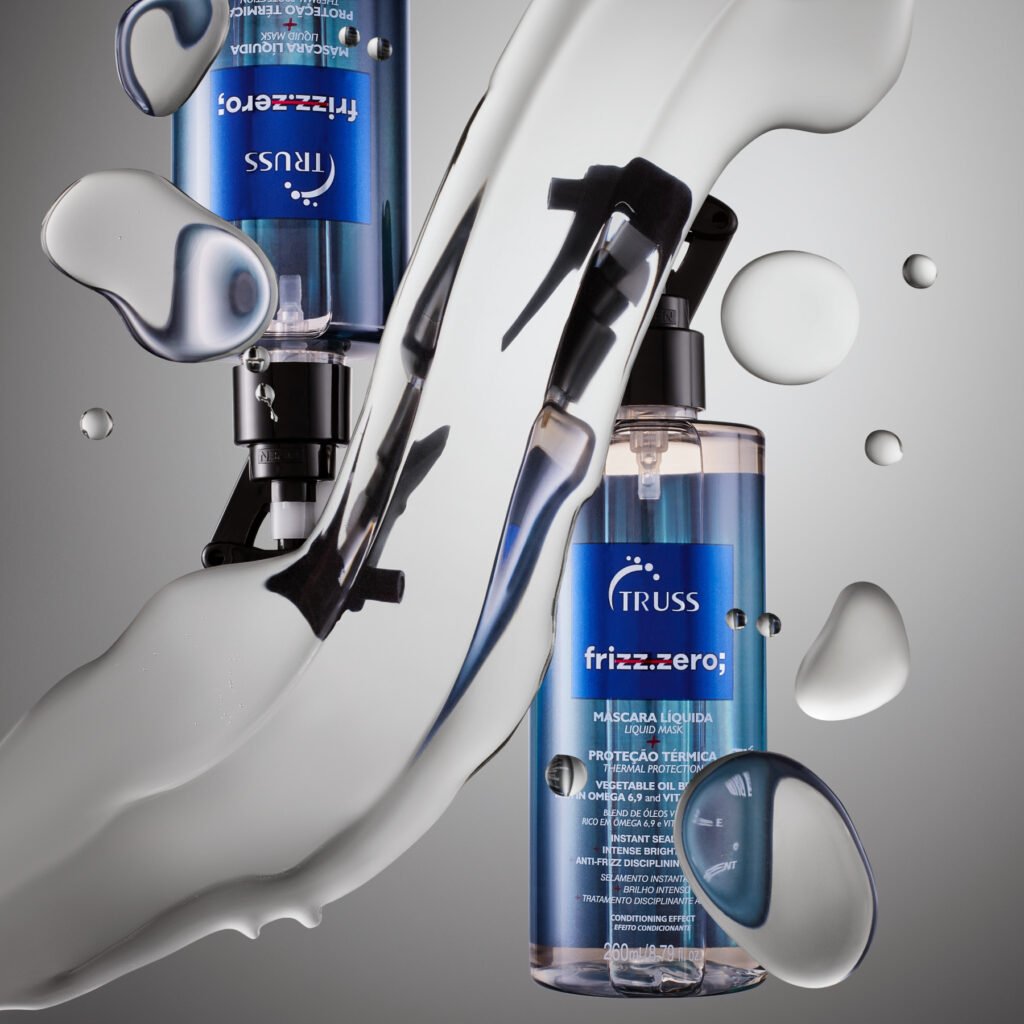We live in a world where sustainability and wellness are no longer just buzzwords. In fact, we are slowly realising that the two are seamlessly interconnected, and that we need to take a closer look at our everyday items and how they impact both our health and the planet. While some of us consider the clothes we wear, the food we eat, and even the cleaning products we use, few of us give much thought to an item we interact with daily: our bedding.
What we sleep on plays a far greater role than we think. Bedding is in direct contact with our skin for hours every night, influencing our health, our quality of sleep and overall well-being.
As Joyce Lau, founder of sustainable bedding company NakedLab explains: ‘Bedding is such an overlooked household item. Yet it’s where we spend most of our hours. The average person spends almost 230,000 hours of their life in bed – that’s about 26 years! It’s also the one item our skin has the closest contact with.’
Despite this, cotton – a common choice for bedding – comes with a hefty environmental and health price tag. Globally, cotton farming is responsible for 16 per cent of all insecticides and 7 per cent of all pesticides, making it one of the most chemically intensive crops in the world. These chemicals not only seep into the soil and water, wreaking havoc on ecosystems, but they also find their way into the fibres we bring into our homes.

Traditional cotton production is also notoriously thirsty. It takes approximately 2,700 litres of water to produce a single cotton T-shirt – to put that into perspective that’s 16 bathtubs of water – and the figures only multiply when you consider the sheets and pillowcases on your bed. Such staggering water usage puts a significant strain on already strained global water supplies.
Many bedding options on the market are also made from synthetic fabrics like polyester. Derived from petroleum, polyester sheets are not only energy-intensive to produce but also contribute significantly to our microplastic problem. Every time polyester bedding is washed, it sheds tiny plastic fibers -known as microplastics – into wastewater, eventually finding their way into rivers, oceans, and our food chain.
But there is a solution to the woes of conventional bedding: bamboo.
Why Bamboo Bedding?
Unlike cotton, bamboo is a rapidly renewable resource that grows without the need for excessive water. It grows quickly – some can grow up to a meter a day – making it one of the fastest-growing plants on the planet. Bamboo also doesn’t require harmful pesticides, residues of which often remain on the materials we bring into our homes irritating the skin or causing allergic reactions.
For Joyce this was the driving factor that inspired her to found NakedLab and their signature 100 per cent organic BambooSilk bedding. Her then two-month-old daughter Pia was battling serious eczema and she was galvanised to find a solution. ‘BambooSilk is not just about sustainable luxury, it’s about providing a safe, chemical-free alternative for your skin and sleep,’ she says.

‘It offers a unique combination of benefits that other fabrics can’t match,’ she adds. ‘BambooSilk is an accessible and sustainable alternative to traditional, non-vegan silk, while maintaining the same smoothness and softness. NakedLab’s BambooSilk is twice as soft as cotton, equivalent to 1400 thread count, creating a silky surface that minimises skin friction. This helps prevent irritation, redness, and even facial creases.’
For those with sensitive skin or allergies, its hypoallergenic properties also make it a standout choice. ‘BambooSilk’s hypoallergenic and breathable properties help keep your skin cool and irritation-free throughout the night, and it promotes cleaner air and healthier breathing, especially for those prone to allergies.’
These qualities, Joyce says, ensure an uninterrupted and comfortable sleep, a cornerstone of any self-care routine. ‘Sleep is essential for maintaining mental clarity, emotional balance, and physical health,’ she adds. ‘By improving your sleep, organic bamboo bedding helps your body recover and rejuvenate, so you wake up feeling truly refreshed.’

‘All our fabrics are OEKO-TEX® certified, ensuring they are free from harmful chemicals and safe for both the planet and people’ adds Joyce. ‘Our manufacturing partners are also certified under the Business Social Compliance Initiative (BSCI), which ensures ethical labour practices.’
As more consumers switch to eco-friendly lifestyles, bamboo’s potential continues to expand. When you choose bamboo bedding, you’re choosing sustainability, health, and comfort all in one. From reducing environmental impact to improving sleep quality, bamboo offers an exciting alternative to conventional options. As Joyce puts it, ‘It’s not just about switching fabrics, it’s about changing the way we think about the materials in our homes.’
NakedLab products are available in Dubai across several stores: Chattels & More, Blended Wellness, Indigo Living, Le Petit Marché, Haute Boheme, and Chattels & More in Abu Dhabi.
For more information visit the NakedLabs website here













